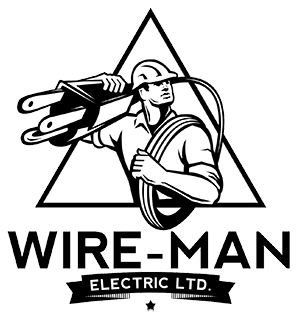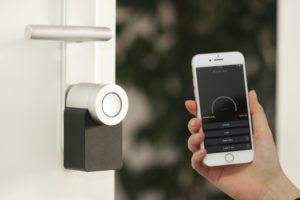
Technological advances have revolutionized the construction industry in recent years. Many new homes are built to be “smart,” which simply means that their lighting, heating, and/or electrical devices can be controlled by a computer or mobile device.
If you don’t have a new home, you can still take advantage of these technological advances. Upgraded appliances are often more energy efficient and come with built-in smart technology. Likewise, your alarm system is likely designed to provide you with up-to-the-minute data on your home security. These and other features give you greater control and increased peace of mind about the state of your home.
However, before you go all-in on making your home “smart,” you need to ask a few questions and make sure your electrical system is equipped to handle these changes.
Surge Protection
In the bygone days, electrical appliances were built to withstand small power surges and other bugs that were common to older electrical systems. That’s not the case with modern equipment.
You can run your equipment through power strips and surge protectors. However, that’s far from a perfect solution, especially if you’re powering multiple devices with one outlet. The safest measure is to have a professional electrician install more outlets so that you can divide the power load and lessen your risk.
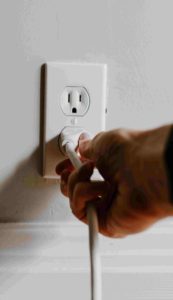
Potential Appliance Overload
Houses built before 1980 were designed to illuminate rooms and power small plug-in devices. They were not constructed with modern electrical loads in mind. Today’s energy-efficient dishwashers, washers, dryers, and refrigerators use significantly more power than these systems were built to handle.
Thankfully, you can remove the fire hazards these conditions present by hiring a licensed electrician to evaluate your electrical panel. They will confirm that it provides sufficient power for your needs and that your electrical connections meet current standards.
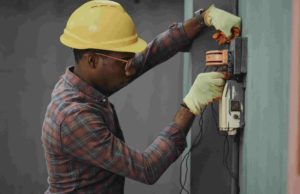
Out-of-Date Wiring
Depending on the age of your home, you may need to evaluate the soundness and quality of its internal wiring. Older materials like aluminum wiring should be replaced to prevent potential electrical fires. What’s more, you want to make sure that the wiring in your home is sufficient and in good condition.
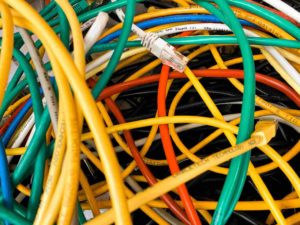
As your smart home electrician evaluates your system, they will pay special attention to any renovations or repairs completed by previous owners. Past projects are common sources of electrical issues, thanks to “at home” or under-the-radar work that doesn’t meet electrical codes and standards.
Don’t let these questions get in the way of your dream to have a smart home. These obstacles are easily overcome with the help of a professional electrical contractor. They can help you improve the safety of your home and equip you to take advantage of the significant energy savings that modern technology can offer.
Wireman Electric’s professional team of licensed electricians has years of experience in these matters. Contact us today to find out how ready your home is for smart technology and what steps you can take towards energy efficiency. We can’t wait to help you transform the power in your home.
